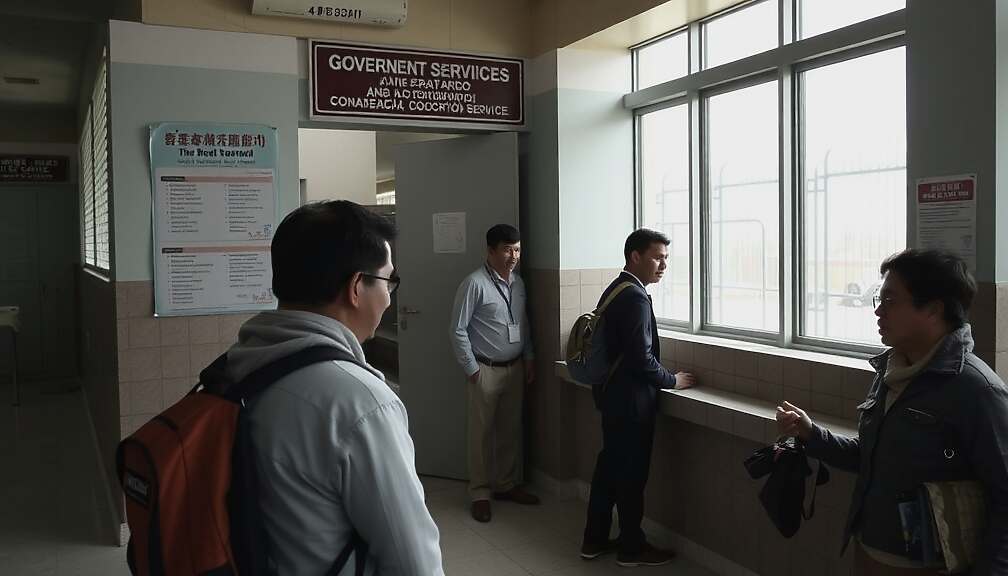A recent audit by the German Federal Court of Auditors has raised concerns about the effectiveness of current sanctions applied within the Bürgergeld (Basic Income Support) system. The findings, detailed in a report submitted to the Bundestag’s budget committee this week and reported by the Süddeutsche Zeitung, scrutinize the practices employed by Job Centers – the regional offices responsible for administering social welfare.
The audit examined 265 randomly selected cases flagged as involving non-cooperative recipients. A recurring theme emerged: Job Centers consistently face similar challenges when attempting to enforce compliance. The Court of Auditors cited instances where sanctions, even those reaching 30% of the standard benefit amount, appeared to have no impact, with Job Centers documenting that recipients simply disregarded them. One Job Center’s assessment, quoted in the report, stated bluntly that clients “consistently fail to attend appointments” and that there’s “no possibility of completely suspending benefits.
The investigation revealed significant gaps in interaction and support. Numerous cases highlighted a complete absence of contact between recipients and their assigned case workers. Some individuals had not engaged in any consultation with Job Center staff for over a decade. The report cited examples including one recipient who hadn’t spoken with a caseworker in nearly fifteen years and another whose last consultation occurred over twelve years prior.
The findings come against a backdrop of legal precedent. In 2019, the Federal Constitutional Court ruled that the dignity inherent in the right to basic security remains intact even in cases of seemingly “undignified” behavior and that benefit reductions exceeding 30% are unconstitutional.
Current discussions between Labour Minister Bärbel Bas (SPD) and Federal Chancellor Friedrich Merz (CDU) are focused on potential reforms to the Bürgergeld system. A draft bill outlining these proposed changes is anticipated shortly.












